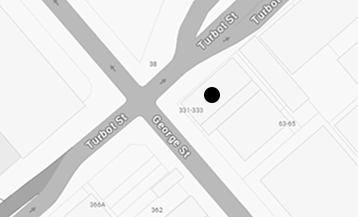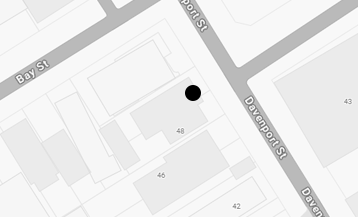Most criminal matters and many civil ones are first heard in the Magistrates Court of Queensland.
Where a person is unhappy with the decision they receive in the Magistrates Court, there is the possibility of appeal to the District Court.
If you pled guilty in the Magistrates Court, the appeal can only be related to the sentence you received, not the hearing and conviction.
‘If a defendant pleads guilty or admits the truth of a complaint, a person may only appeal under this section on the sole ground that a fine, penalty, forfeiture or punishment was excessive or inadequate,’ reads section 222(2)(c) of the Justices Act 1886.
If you pled not guilty and were then convicted and sentenced, it’s possible to appeal both against the conviction and the sentence.
A person may not appeal under this section against a conviction or order made in a summary way by a Magistrate under section 651 of the Criminal Code 1899.
How do you make a Section 222 appeal?
To start an appeal from the Magistrates Court, you must file a notice of appeal at the nearest District Court registry using Form 27 from the Queensland Courts site.
The notice must be filed within one month from the date of the decision that you wish to appeal.
It must also be in the approved form and state:
- the appeal grounds;
- the details required under section 222C;
- the name and address of the respondent.
Once an appeal is filed, either the Magistrates Court or the District Court may grant bail pending the appeal upon application, though this is generally reserved for exceptional circumstances.
Where the sentence is relatively short, and the whole or a substantial part of it would be served before the appeal is heard, bail may be granted.
In terms of a sentence, what is excessive? An example is where an immediate parole eligibility date is given on a sentence of 12 months but the convicted person spends eight months in prison as their application is processed.
How is the Section 222 appeal conducted?
An appeal will generally see the District Court rehear the evidence given in the Magistrates Court proceeding.
In some circumstances, the District Court may grant leave for a party to adduce fresh, additional or substituted evidence on the appeal under section 223 of the Justices Act.
The decision of the District Court is not final and the appellant may have a further right of appeal to the Court of Appeal.
Discuss your case with Hannay Criminal Defence
The risk in any appeal is that the higher court may increase the length of your sentence if the appeal is unsuccessful.
Specialist legal advice from experienced criminal law practitioners Hannay Criminal Defence is vital before you consider an appeal from a Magistrates Court.
Contact us Gold coast criminal lawyers today to discuss your circumstances.








